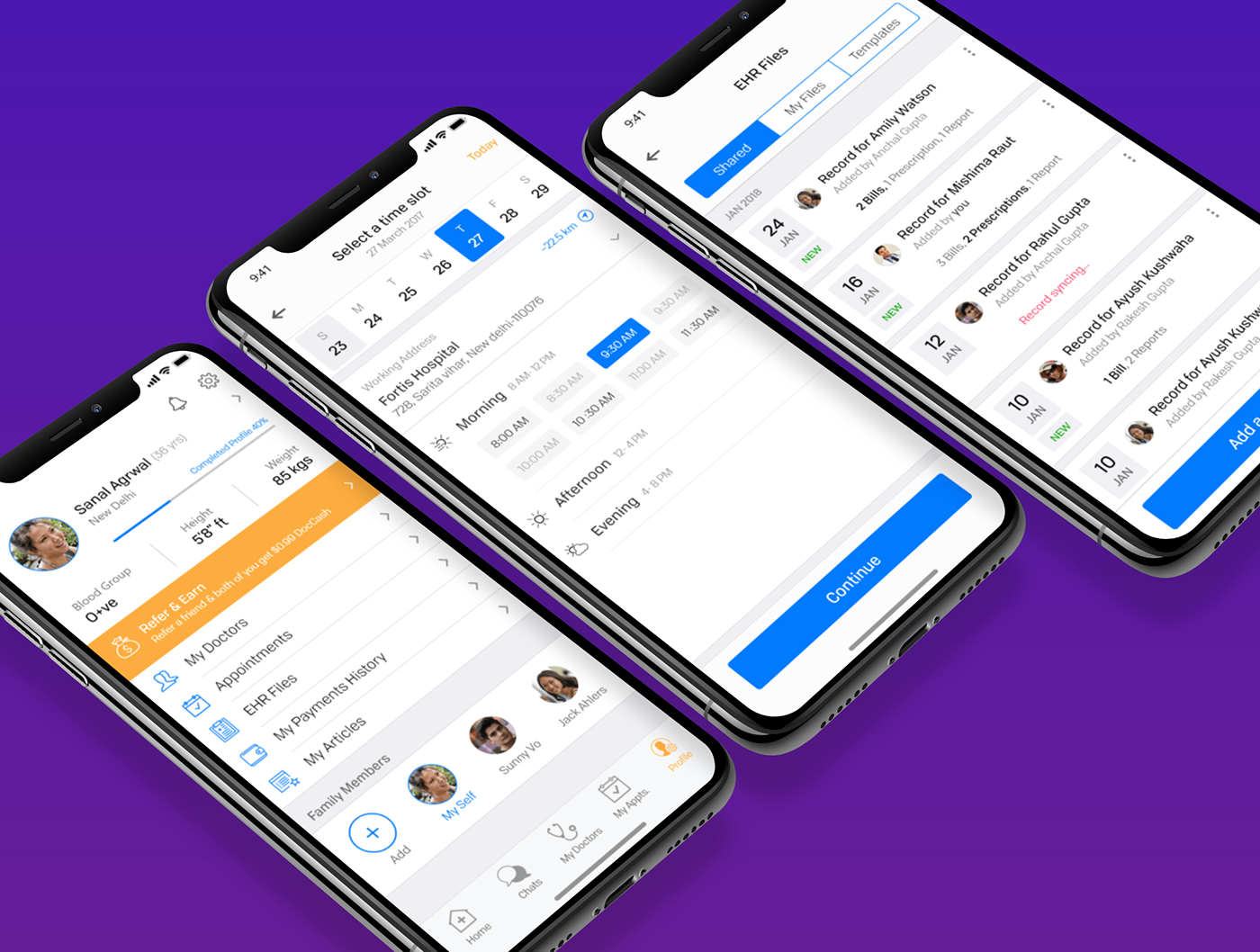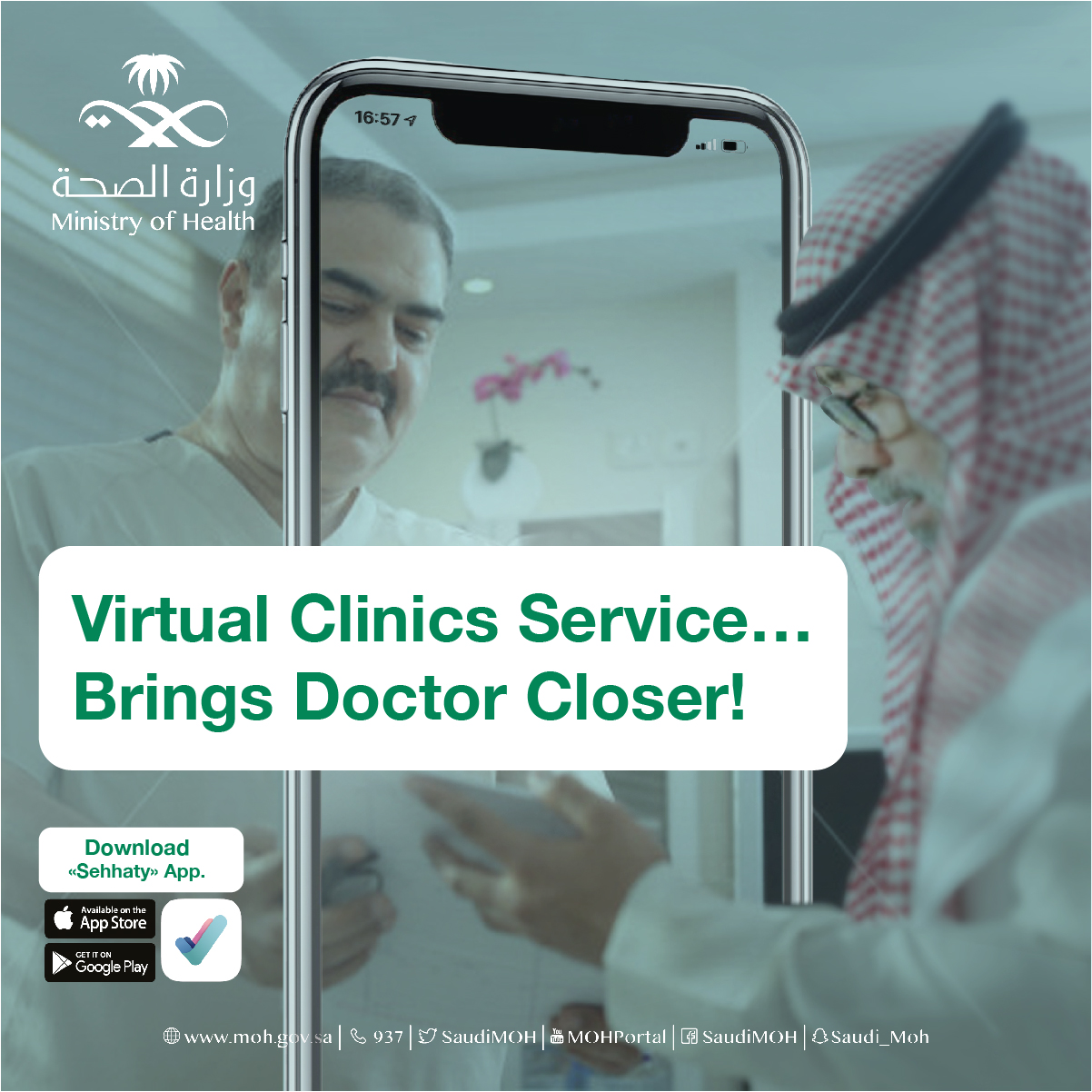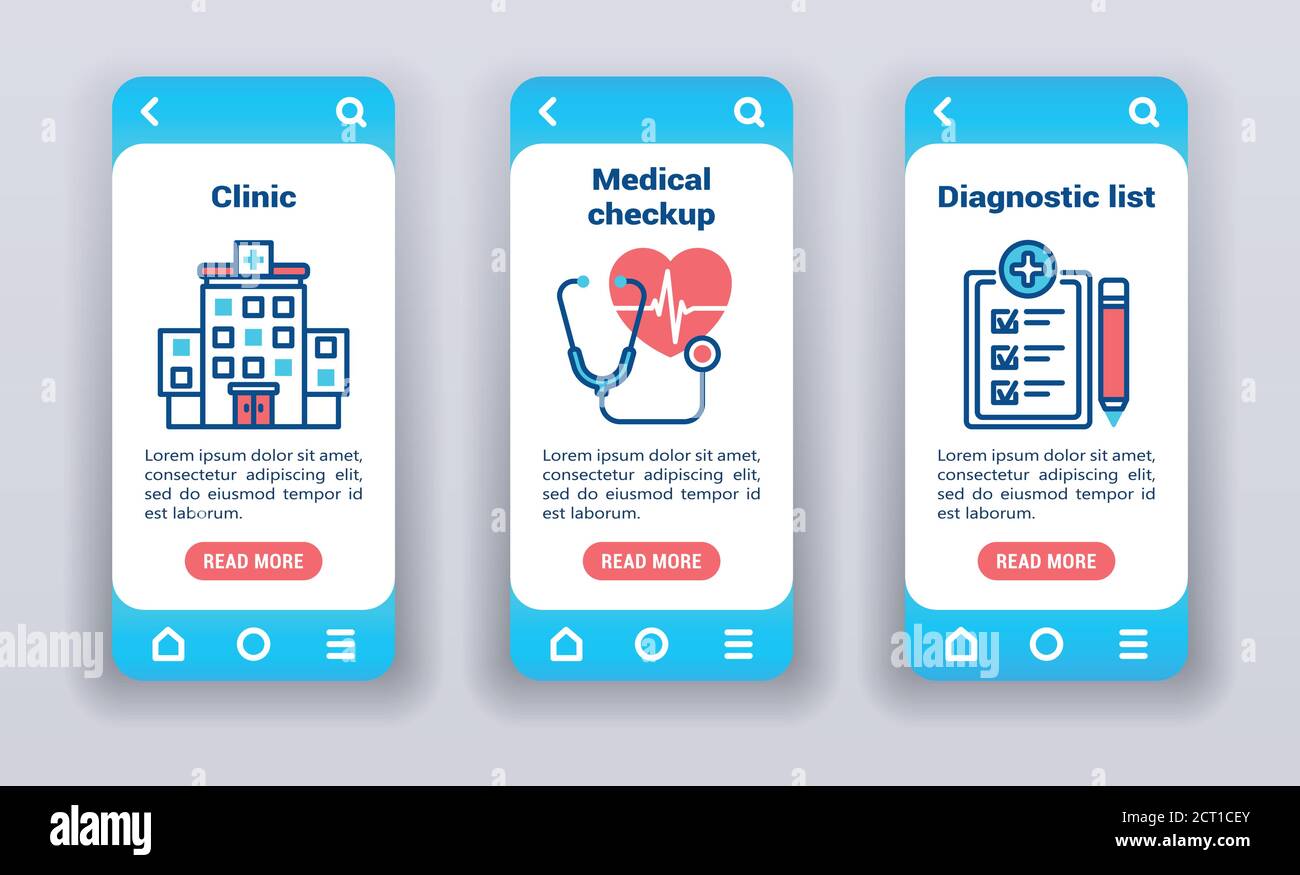A Complete Guide to Choosing the Best Mobile App for Clinics in 2024
A Complete Guide to Choosing the Best Mobile App for Clinics in 2024
Blog Article
The Future of Healthcare: Why Clinics Need a Mobile Application Today
As the healthcare landscape proceeds to advance, facilities deal with mounting stress to adapt to individual assumptions for higher benefit and accessibility. The assimilation of mobile applications can function as a crucial strategy for improving patient engagement and simplifying operations. By leveraging technology to improve communication and provide vital services, facilities not only attend to present needs but also position themselves for future success. The ramifications of this shift prolong beyond plain functional performance; they can redefine patient relationships and care shipment in profound methods. What might this improvement resemble for both individuals and clinics?
Transforming Person Expectations
As the landscape of health care advances, patient assumptions are undergoing a significant transformation. Today's patients are increasingly seeking benefit, access, and customized treatment. With the surge of modern technology, particularly mobile applications, people currently prepare for a smooth combination of healthcare services into their every day lives. They prefer the capacity to take care of visits, access clinical documents, and interact with doctor with their smartphones, reflecting a shift towards a much more proactive technique to health administration.
Furthermore, patients are becoming more notified and empowered, usually investigating therapies and problems online before consultations. This enhanced understanding is coupled with a need for openness in healthcare procedures, including price quotes and treatment choices. Therefore, providers are compelled to adapt by taking on digital tools that enhance the individual experience.
The expectation for reliable and timely communication has actually never been higher, with numerous people thinking about responsiveness a critical element of quality care. mobile app for clinics. In this evolving landscape, medical care organizations should identify these altering expectations and utilize mobile applications to foster a much more patient-centric approach, guaranteeing that they not just meet yet go beyond the requirements set by today's educated consumers
Enhancing Individual Involvement

Mobile applications facilitate communication between people and doctor, allowing real-time consultation organizing, tips for medicine adherence, and direct messaging attributes. These capabilities not just boost comfort however also build a feeling of liability amongst individuals. Additionally, mobile apps can offer educational content customized to specific requirements, aiding individuals better understand their conditions and therapy alternatives.
The combination of gamification elements within healthcare apps can additionally inspire patients to take part in healthy and balanced behaviors, reinforcing favorable way of living adjustments. By tracking progression and fulfilling success, people are most likely to stay committed to their wellness goals. Inevitably, enhancing person interaction through mobile applications leads to boosted wellness outcomes, greater client fulfillment, and a more collaborative medical care experience. Clinics that prioritize this element will likely see a significant effect on the quality of care supplied.
Enhancing Clinic Workflow
Streamlining facility operations is crucial for helpful resources enhancing process efficiency and enhancing patient care. The implementation of mobile applications can substantially decrease administrative concerns, enabling healthcare carriers to focus extra on patient communications. By automating consultation organizing, patient check-ins, and payment processes, centers can decrease wait times and boost general operational effectiveness.
Mobile applications also help with real-time accessibility to person documents, making it possible for medical care specialists to make informed choices swiftly. This immediacy not only enhances the top quality of treatment yet additionally decreases the probability of mistakes related to lost or dated information. Leveraging mobile technology sustains an extra well organized strategy to taking care of person follow-ups and therapy strategies, making sure that no essential actions are ignored.
This enables for timely replenishment and aids avoid disturbances in client care due to equip shortages. By integrating these capabilities into their daily procedures, clinics can develop a much more effective and natural atmosphere, ultimately leading to boosted client end results and complete satisfaction.
Improving Interaction Networks
Reliable interaction is frequently pointed out as a cornerstone of high quality medical care delivery. In today's hectic clinical environment, mobile applications can dramatically enhance interaction networks between centers, clients, and doctor. By incorporating mobile applications into their procedures, facilities can promote real-time communications, ensuring that clients obtain prompt information regarding their visits, test results, and treatment plans.
Mobile applications additionally encourage patients to interact straight with their medical care teams via secure messaging functions. This straight line of interaction cultivates a feeling of interaction and permits instant clarification of concerns, which can lead to far better adherence to treatment procedures. In addition, press notices can advise patients of upcoming consultations or medicine schedules, minimizing no-show rates and enhancing overall health results.

Staying Competitive in Health Care
In a swiftly evolving medical care landscape, organizations have to prioritize technology and versatility to maintain an one-upmanship. The combination of mobile applications right into health care services is no more optional; it is vital for facilities aiming to boost patient interaction, enhance operations, and improve general service delivery.
As clients progressively rely on electronic platforms for wellness monitoring, centers that fall short to adopt mobile innovation danger falling back. A properly designed mobile application can offer features such as visit scheduling, telemedicine examinations, and accessibility to clinical documents, giving patients with convenience and fostering loyalty.

Rivals are likewise from this source purchasing mobile solutions, so staying in advance needs continuous improvement and remaining educated about technological improvements. Centers must not only execute mobile applications yet likewise take part in routine updates and refinements. Inevitably, the effective integration of mobile innovation will certainly identify forward-thinking medical care companies and established the criteria for patient-centric care in a digital world.
Verdict
To conclude, the combination of mobile applications in facilities is necessary to deal with the advancing landscape of patient assumptions. By enhancing individual involvement, improving procedures, and boosting communication channels, centers can significantly enhance health results. In addition, the fostering of mobile modern technology positions centers to continue to be affordable in a significantly digital health care atmosphere. Eventually, the calculated execution of mobile apps stands for an important action towards delivering customized and accessible healthcare, thus satisfying the demands these days's equipped individuals.
Ultimately, enhancing individual interaction with mobile applications leads to enhanced wellness results, greater patient fulfillment, and a much more collective healthcare experience.Mobile applications likewise promote real-time accessibility to client documents, allowing healthcare specialists to make educated choices rapidly. In today's fast-paced clinical setting, mobile applications can considerably improve communication channels between clinics, patients, and medical care service providers.Mobile apps additionally empower people why not find out more to interact directly with their medical care teams through safe and secure messaging attributes. Inevitably, the tactical implementation of mobile apps represents a crucial action toward supplying accessible and personalized medical care, thereby fulfilling the needs of today's empowered people.
Report this page